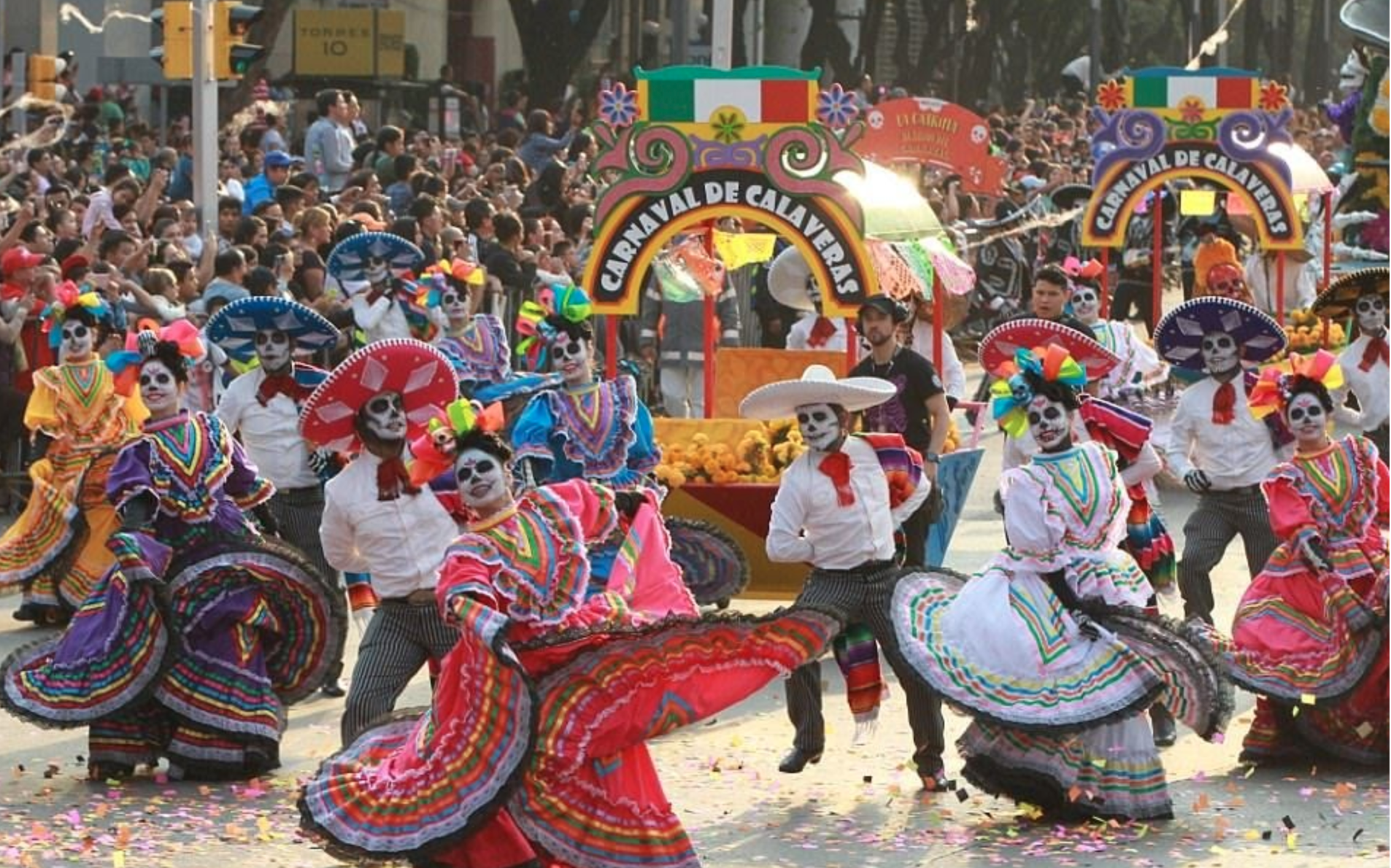If you ask any infectologist about COVID, they will tell you they already knew there was going to be a next big pandemic. Scientific research predicted that the fast spread of a virus was bound to happen eventually, especially when considering today’s globalized world. However, they were still shocked by the COVID pandemic, probably because they didn’t expect those predictions to come true during their lifetime. In other words, they didn’t expect to have to face this themselves. Sounds familiar?
Most scientists have horrific environmental predictions for the next 50 years. We know that, we’ve read it and we’ve heard it. But we still make plans about the future decades as if we’re not going to be extremely affected by climate change. I often find myself saying things like “when I have kids…” and then thinking: what if I put a child into the world and they have to live through fires, floods and food shortages? If we want to keep that from happening, change needs to start immediately.
Does that fact that we make such plans for the future mean we don’t believe the scientific predictions? Probably not, but just like in the case of the infectologists, it just seems too surreal that those predictions will actually come true while we’re alive. The COVID pandemic should teach us to stop living in denial, because there’s no more time for it. We’re facing the consequences now. The world is literally burning, environmental catastrophes are becoming more frequent and more serious. If you’re not concerned, you’re not paying attention.
But what can we do, starting now, to try to minimize the consequences of climate change? We know big corporations need to make changes, and we tend to leave the responsibility to them to solve environmental issues. However, there are things that we can individually do but that will collectively have an impact.
As I started researching environmental issues and looked for ways to diminish the negative impact I have on them, I came across veganism quite often. After watching documentaries like Cowspiracy and What the Health, I found out about numbers which shocked me beyond belief. All of the transportation industries combined (cars, airplanes, ships and so on) emit less greenhouse gases than animal agriculture; “livestock and their byproduct account for […] 51% of all worldwide greenhouse gas emissions”; almost 10 thousand Liters of water are necessary to produce less than 500g of beef; among many others. I realized that if I ever wanted to eat again without feeling like I was destroying my future kid’s life; or if I ever wanted to complain about the actions (or lack thereof) of governments facing environmental catastrophes without being a total hypocrite, I’d have to reduce my animal product consumption.
This meant I had a lot of challenges ahead of me. I love sushi (as one does), so would I be able to resist the temptation of eating it? I ate eggs every single morning, so what would I have for breakfast? Was I going to become the annoying friend that doesn’t go to restaurants because there’s no vegan option? Was I gonna ask people to cook an alternative meal for me because of my eating preferences? Was I going to become that hated vegetarian who makes people guilty for eating meat?
I eventually came to the conclusion none of that had to happen, and I could still help the environment.
The issue is we live in a dichotomous society. It’s either right or wrong, right or left, all in or all out, and that was the mentality I had in the beginning too – I’d either become a vegan or not. However, we don’t have to have a polar opposite view of veganism. We don’t all have to become vegans to stop the negative environmental impacts of factory farming; we just need to decrease the demand for those products. For that reason, I still eat sushi once in a while, I still eat a burger when I go out with my friends, and I don’t ask people to cook something else for me if there’s no vegan option. But in my day to day life, I decrease the amount of animal products I consume as much as I can, therefore discouraging an environmentally destructive industry nevertheless.
The main point is that having to change our habits is very hard. Just take Corona as an example: we hate having to use masks, stay at home and social distance, but we just had to do it, because it was almost a life or death situation; there was no other option. We need to realize we have no other option for climate change either, so there’s no alternative but to change our habits. Be it veganism, recycling or using a metal straw, every action taken in the direction of fighting climate change will lead towards a better future-and those actions need to start now, because time for inaction is up.
Sources:
The shocking numbers used are available on the Cowspiracy website in the following link: https://www.cowspiracy.com/facts







